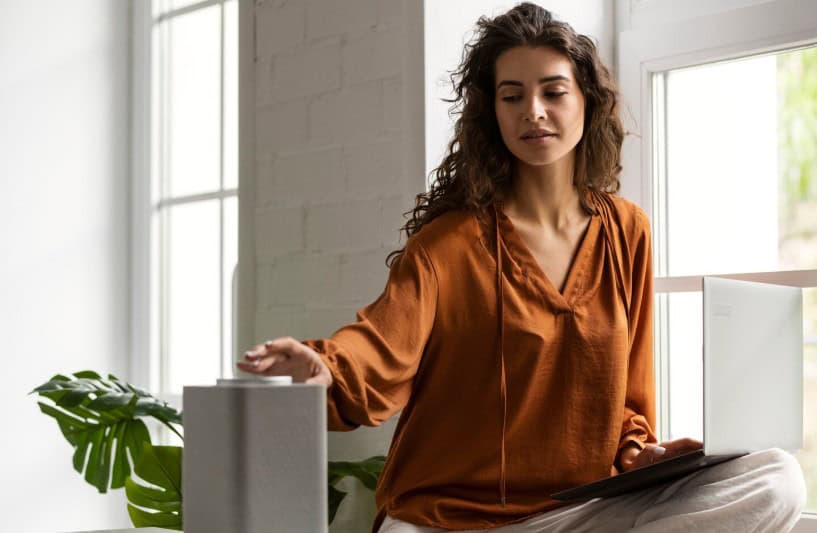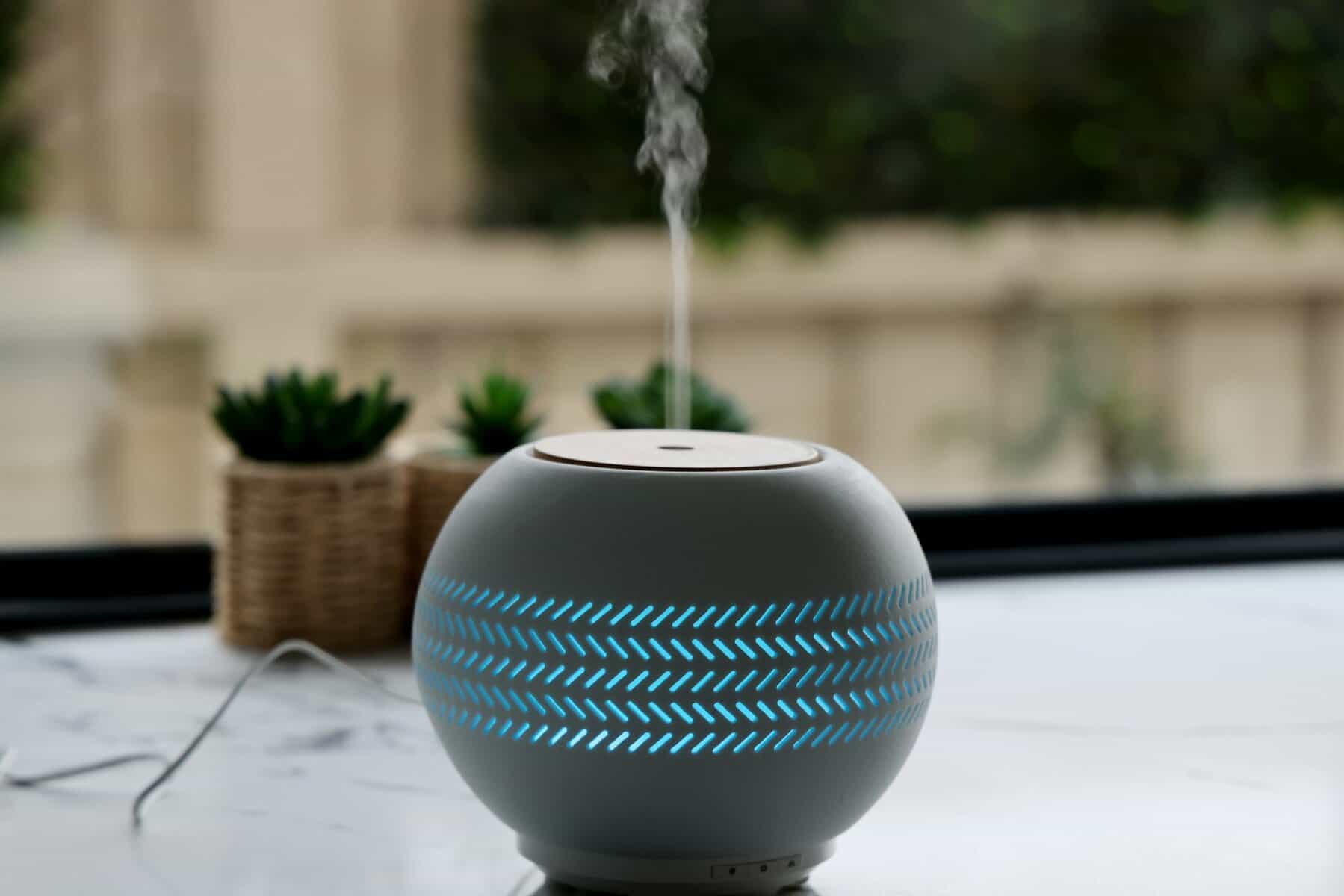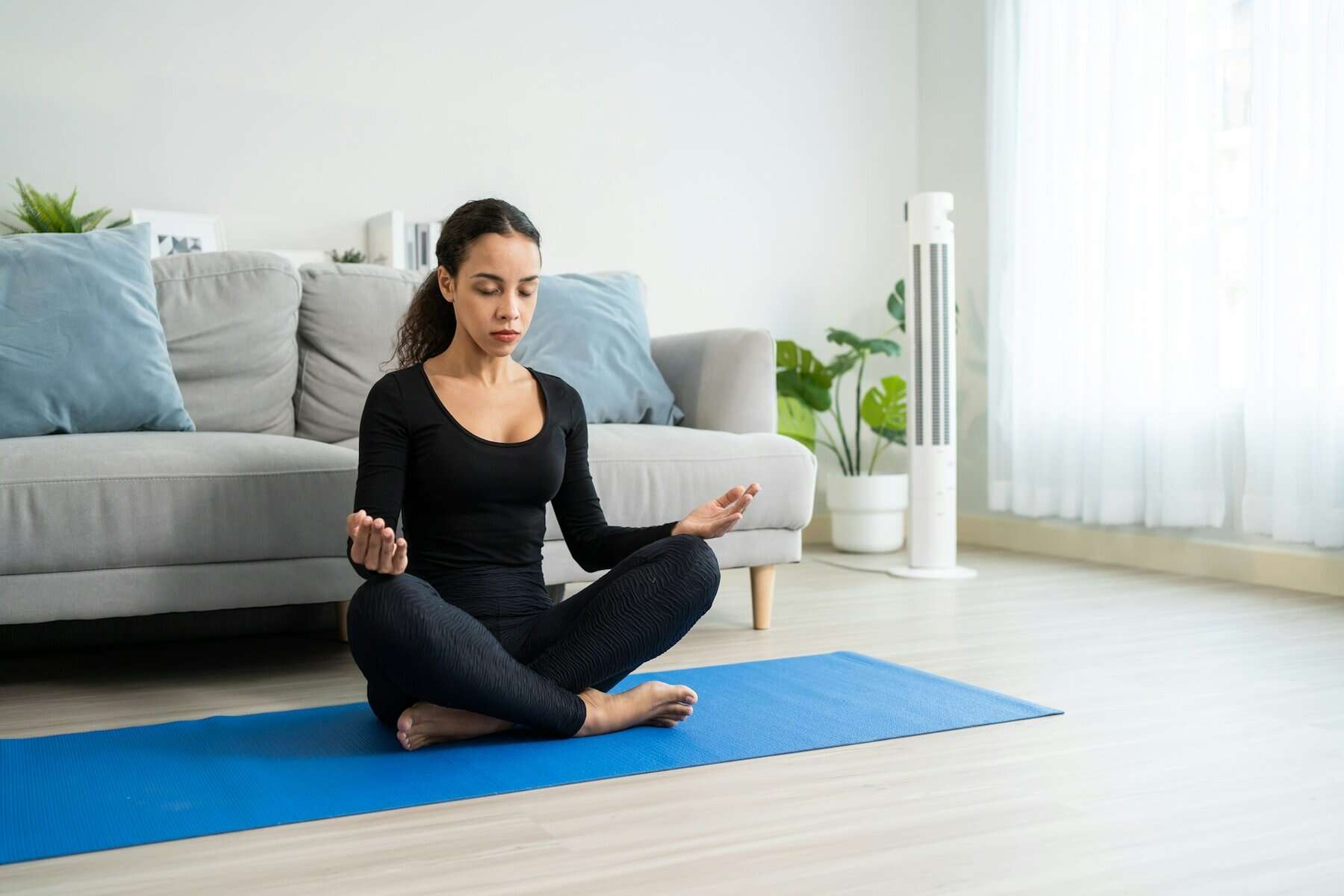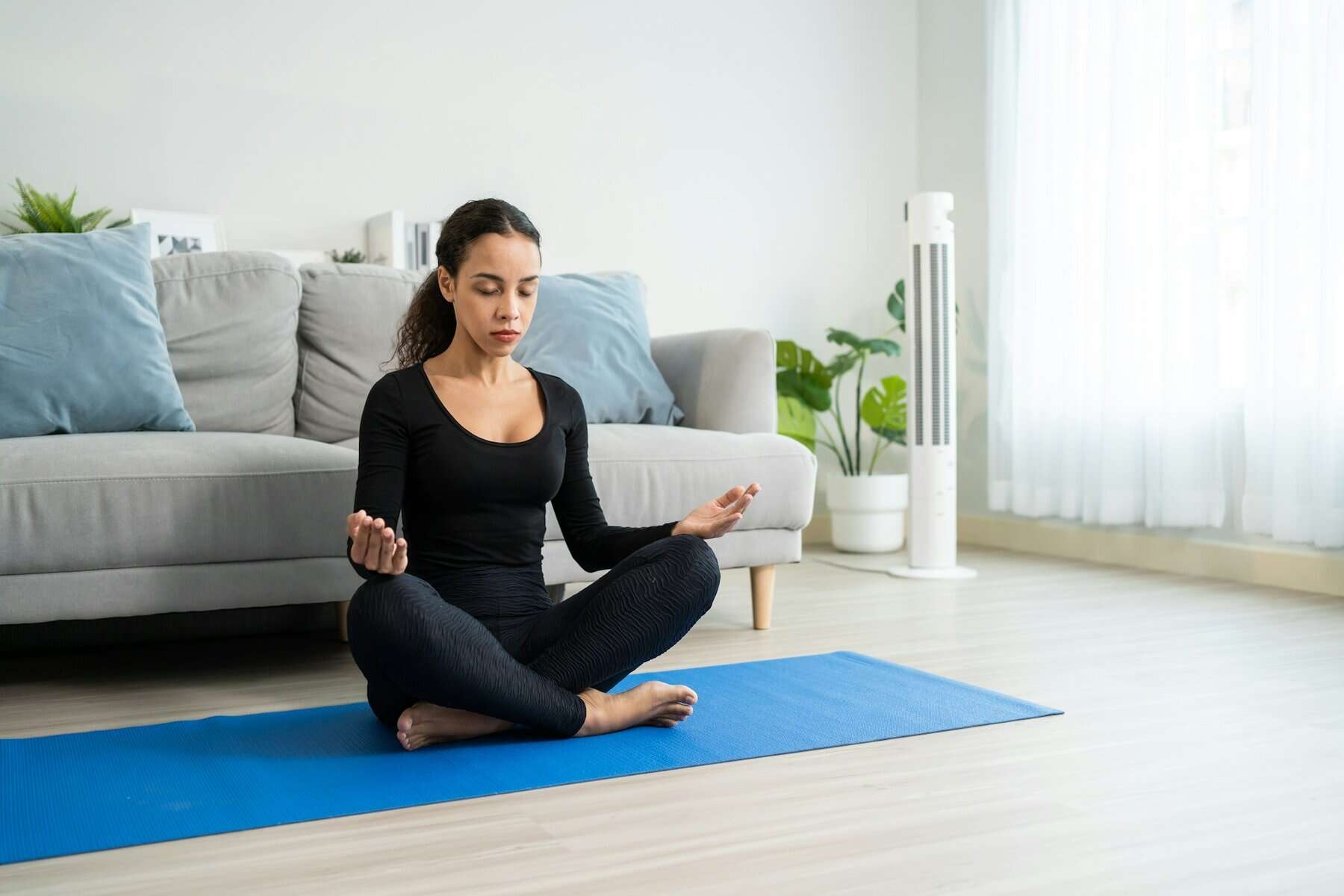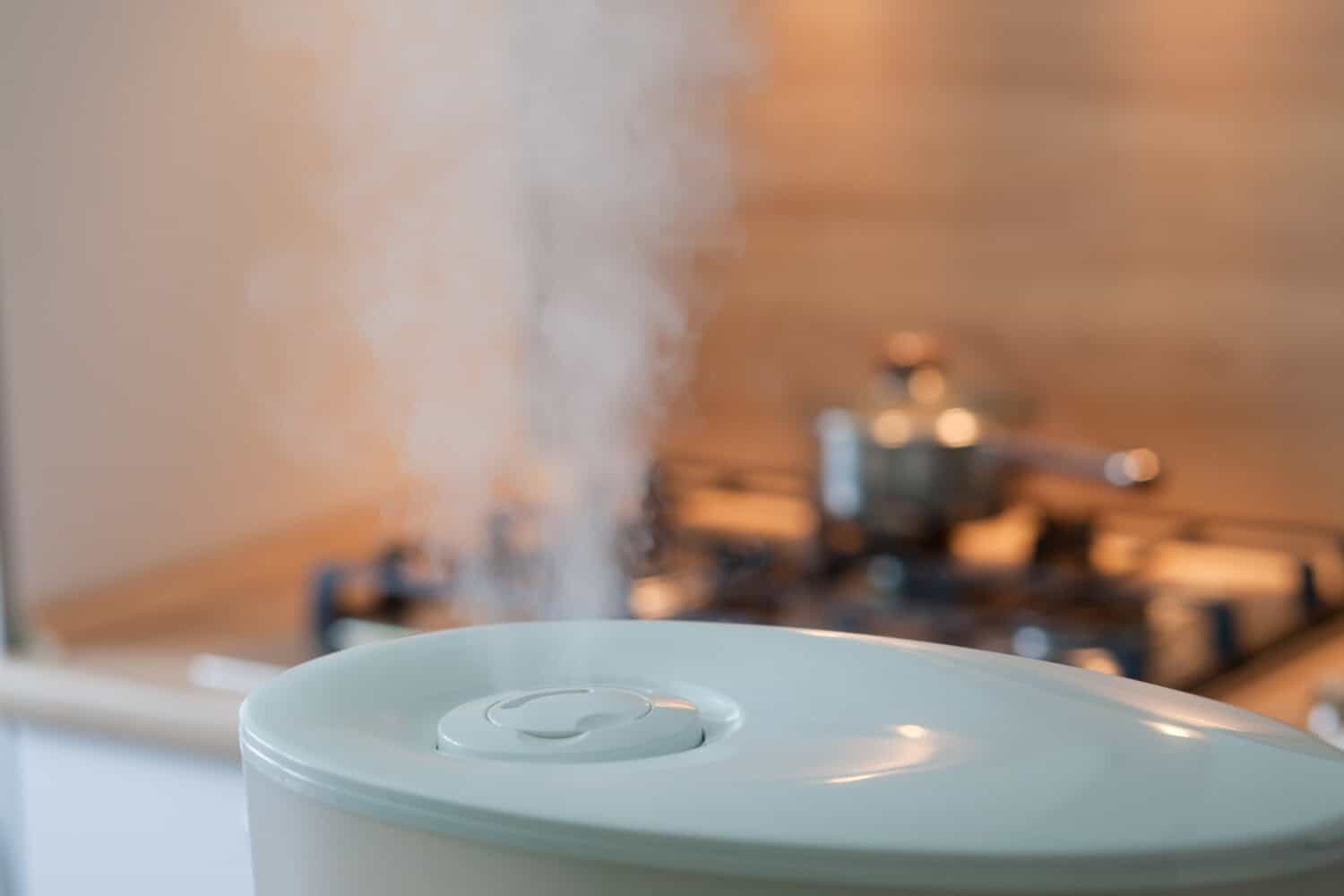When it gets cold outside, all the windows close up and the heat gets turned on. That’s normal around Saratoga Springs during the winter, but that also means the air inside your home doesn’t move around much. It can get dry, dusty, or just feel kind of heavy. That’s why air quality management is so important this time of year. It’s not just about staying warm; it’s about breathing air that feels clean and keeps your home comfortable.
When outdoor air isn’t coming in, your indoor air just keeps cycling through the rooms. Over time, that can lead to more dust, dryness, and even things that could bother your breathing. If your home feels stuffier than it did just a few weeks ago, winter air could be the reason.
Why Winter Air Feels Different Indoors
As soon as the cold sets in, we rely on our furnaces to keep things warm. That’s great for warmth, but not always so great for the air. Heating systems tend to dry the air out. Without moisture, the air can start to feel rough on your skin, nose, and throat.
• Dry air can irritate your body, especially if you already have allergies or breathing issues
• When the heater runs, it can push dust or dirt that’s been sitting in the system into your rooms
• With windows closed for months, there’s less fresh air coming in to balance things out
Humidity plays a big part, too. Cold winter air naturally holds less moisture. Once it’s inside and heated, it gets even drier. That can leave you feeling stuffy, itchy, or uncomfortable.
Common Signs Your Indoor Air Might Not Be Clean
Sometimes you can feel something’s off, even if it’s hard to explain. Your home might look clean, but the air might say otherwise. Poor indoor air isn’t always visible, but it still causes problems.
• Dry skin, chapped lips, or scratchy throats are common signs of dry, stale air
• You might see dust building up faster than usual, even right after cleaning
• If someone in your home keeps coughing or getting sick, the air could be making it harder to recover
Smells can be a clue, too. A musty or stale odor moving through your vents could mean the air isn’t moving well or something is stuck inside the system. These small signs might not seem like much, but together, they’re worth paying attention to before things get worse.
How Homes in Saratoga Springs Handle Winter Air
Here in Saratoga Springs, New York, winter sticks around for months. We’re used to heavy snow, long nights, and freezing temps. That means homes here spend a lot of time running the heat. In older houses, it’s even trickier.
• Older insulation and windows can let in drafts, which makes heaters work harder
• When furnaces run more, they push more air through the vents and stir up more dust
• If filters haven’t been changed or ducts haven’t been cleaned in years, that winter air gets harder to breathe
Some local homes may be more sealed up than others, which means stale air builds quickly. Others might leak too much cold air, drying things out more than needed. Many homes in the Capital Region benefit from systems that aren’t just about heat, but help keep air moving and balanced, too.
My Jockey offers whole-home humidifiers and advanced air filtration systems designed to work with existing HVAC setups in Saratoga Springs, NY. These additions can help address dryness and filter out more particles so your winter air feels lighter and cleaner.
Smart Changes That Help Improve Indoor Air
If you’re noticing these problems, there are ways indoor air can be improved without changing how much heat you use. Some equipment works alongside your heating system to treat the air it pushes.
• A whole-home humidifier connects to your HVAC system to deliver the right amount of moisture
• Air filters come in different strengths, and switching to a higher-quality filter can catch more dust, pollen, and debris
• Cleaning the ductwork removes old buildup that might be blowing through your vents during the winter months
For families with respiratory sensitivities or those who notice ongoing dust, upgrading to a HEPA filter or professionally cleaning your ductwork can make a real difference. According to My Jockey, our team delivers these upgrades with straightforward advice and expert installation for Saratoga Springs area homes.
When we think of air quality, it’s easy to focus on spring or summer, when pollen is high. But addressing winter air is just as important. These small adjustments can ease dry skin, reduce stuffy feelings, and help your home stay more comfortable without touching the thermostat.
The Best Way to Keep Winter Air Safer
Maintaining healthy air in the winter takes more than wiping down surfaces or quickly changing a filter. Heating systems that haven’t been looked at in a long time can carry old dust or run in ways that dry the air too much. Professionals can step in, look at the whole picture, and suggest what makes the most sense for your space.
They check whether things are running the way they should. They know how winter feels in places like Saratoga Springs, and they can tell when something in your system is making the air worse rather than better. With clear airflow, clean ducts, and the right moisture levels, the whole house starts to feel better.
We know that catching small issues early leads to fewer problems down the road. By keeping your setup in good shape before winter is in full swing, you’re less likely to deal with air that feels stale or uncomfortable in January and February.
Breathe Better All Season Long
Managing indoor air during winter isn’t always top of mind. But a little attention goes a long way once the snow falls and the windows stay closed tight. Clean, balanced air can make your home feel easier to live in during those chilly months.
It can be the difference between feeling off and feeling at ease. When you act early and focus on the way the air moves, how it smells, and how it feels on your skin, winter doesn’t feel quite so heavy. With the right setup, it’s possible to keep warm and breathe easy at the same time.
When dry, dusty air takes over your Saratoga Springs, New York, home this winter, our team at My Jockey can help you restore comfort with simple solutions. With stronger filters and improved humidity control, you’ll notice the difference in every breath. Let us make winter living easier with expert air quality management to fit your needs. Call today and see how we can help you breathe easier all season long.


